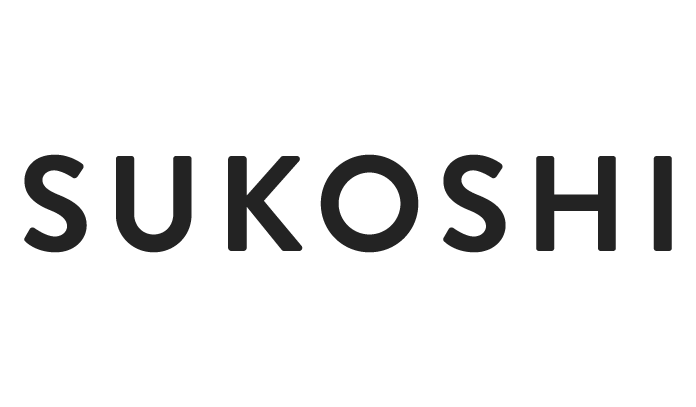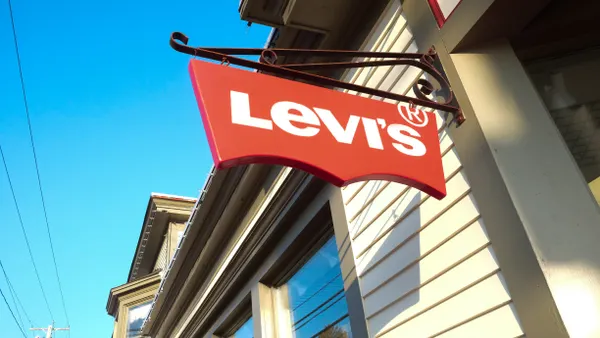LAS VEGAS — Macy's CEO Jeff Gennette kicked off Shoptalk with a keynote that, among other things, reaffirmed a goal to boost private label up to 40% of the assortment. As the company transforms the business, it, like many others, has discovered that exclusivity is more important than ever.
On a panel moderated by Retail Dive Senior Editor Laura Heller on Monday, Molly Langenstein, general business manager of Ready To Wear at Macy's, further outlined the five big reasons for the company's private label push: Declining store traffic, increased consumer interest in off price, competitors growing private brands to protect market share, Amazon focusing on its own apparel lines and "retailization" — or more direct-to-consumer businesses.
To Langenstein, the strategy is all about honing in on consumer lifestyles, fashion, consumer insights and speeding up supplier innovation.
From the manufacturing side, speed and flexibility is essential, Tim Zawislack, head of e-commerce at Israeli company Delta Galil (which recently bought 7 for Mankind from VF corporation), said on the panel. "You need to pivot well in speed to market otherwise you're dead," especially when you're working with Amazon, he said. Amazon today has around 80 private label brands, Cooper Smith, L2 research director and head of Amazon IQ, told Retail Dive.
Amazon is hardly the only major merchant pushing into the category in a big way. Over the last year, Target has rolled out over a dozen new apparel and home decor brands, and Walmart just last month unveiled four new brands in women's, men's and children's apparel.
"Private label is here to stay. It's people that figure it out first and best, on the merchant side and on the supply chain side, those are the ones that are going to be relevant years from now."

Tim Zawislack
Head of e-commerce, Delta Galil
Making private label stand out from the noise means keeping the pulse on data and quickly tweaking merchandise to fit with what's selling and what's not. Through machine learning, Jan Wilmking, SVP of private labels at German e-commerce business Zalando, said on the panel that his teams develop predetermined modules on material, quality and price that can easily be adjusted in a few days. Zalando, Europe's largest online apparel seller, has 17 private label brands.
Making them work requires a huge amount of trust between the retailer or brand and their suppliers, Wilmking said, as well as three key priorities: fashion, tech and fulfillment. The industry is quickly moving toward an on-demand future, he said, and data and flexible supply chains are key to building it now.
That requires establishing long-term relationships, which Wilmking said hopefully will ease supplier worries of financial risk when dedicating production capacity to retailers working with smaller batches. Retailers and brands of all sizes are facing problems with minimum order quantities.
For a legacy player like Macy's, responding quickly to the rapid pace of consumer interest isn't easy, Langenstein said.
"Our biggest challenge is understanding with certainty and precision in a business that is not about precision, and the supply chain piece is a huge part that has just not changed in a very, very long time. This is still a handmade industry," she said. "The uniqueness consumers are demanding today is making it very hard whether you're a big company or a small company to provide that uniqueness with certainty and that is something we are all continuing to grapple with."
Innovation in research and development on the supply side will change the industry, she added.
Despite its challenges, private label is here to stay, according to Zawislack. "It's people that figure it out first and best, on the merchant side and on the supply chain side, those are the ones that are going to be relevant years from now," he said. "If you're just going to market a line with the same stuff that everybody else has, you're not adding value to anyone's life and customers have to want the merchandise. It can't be something you force feed."













